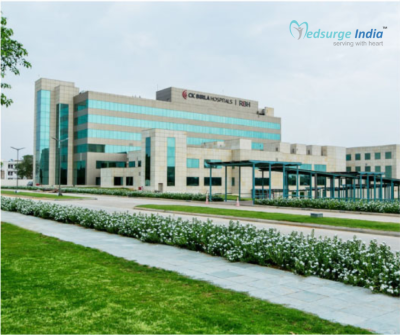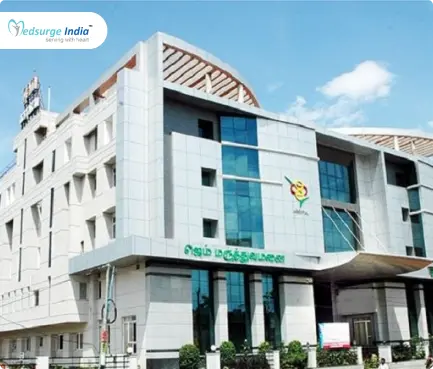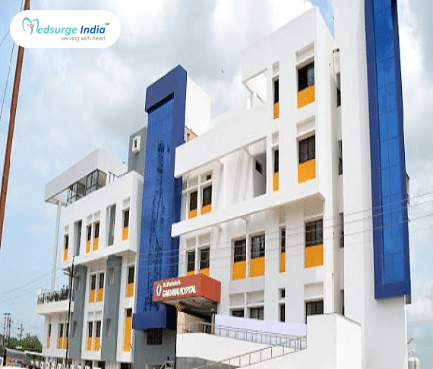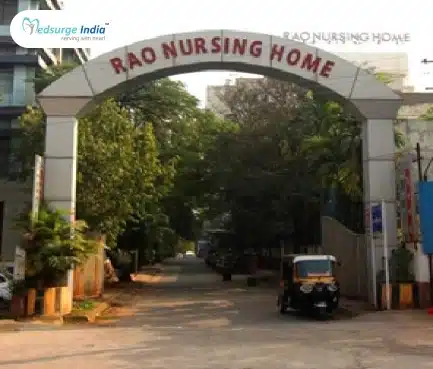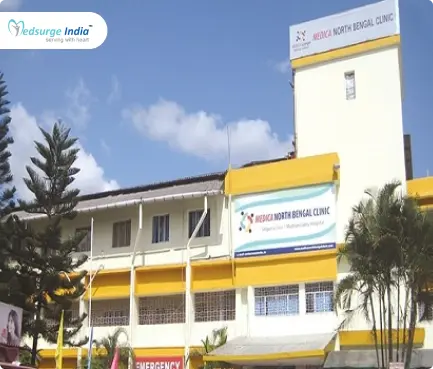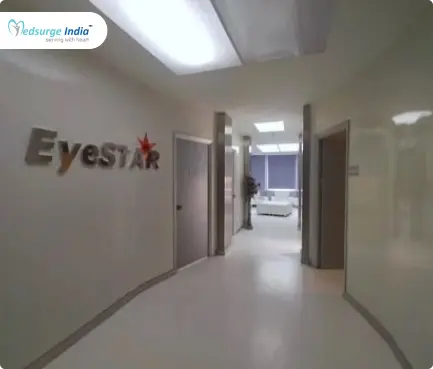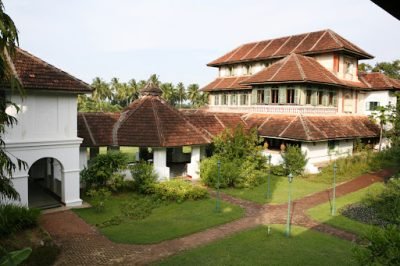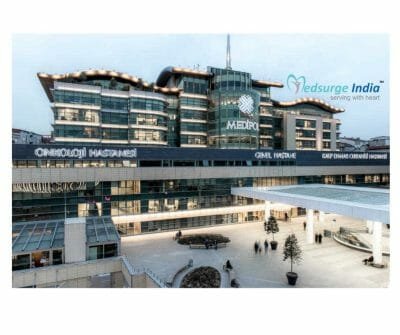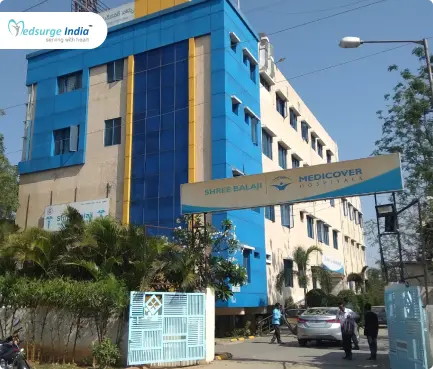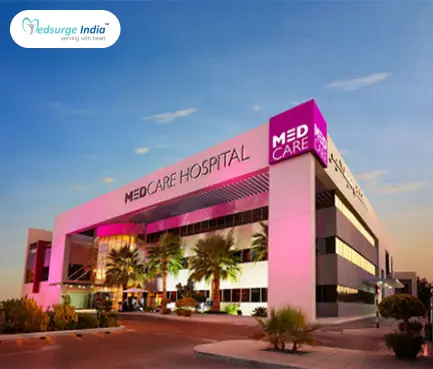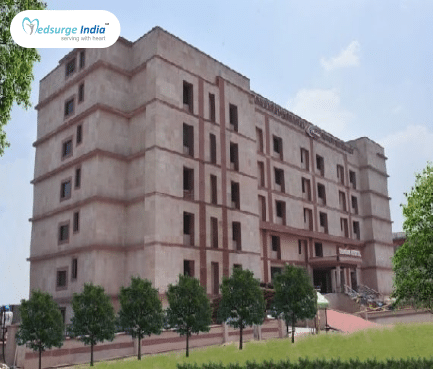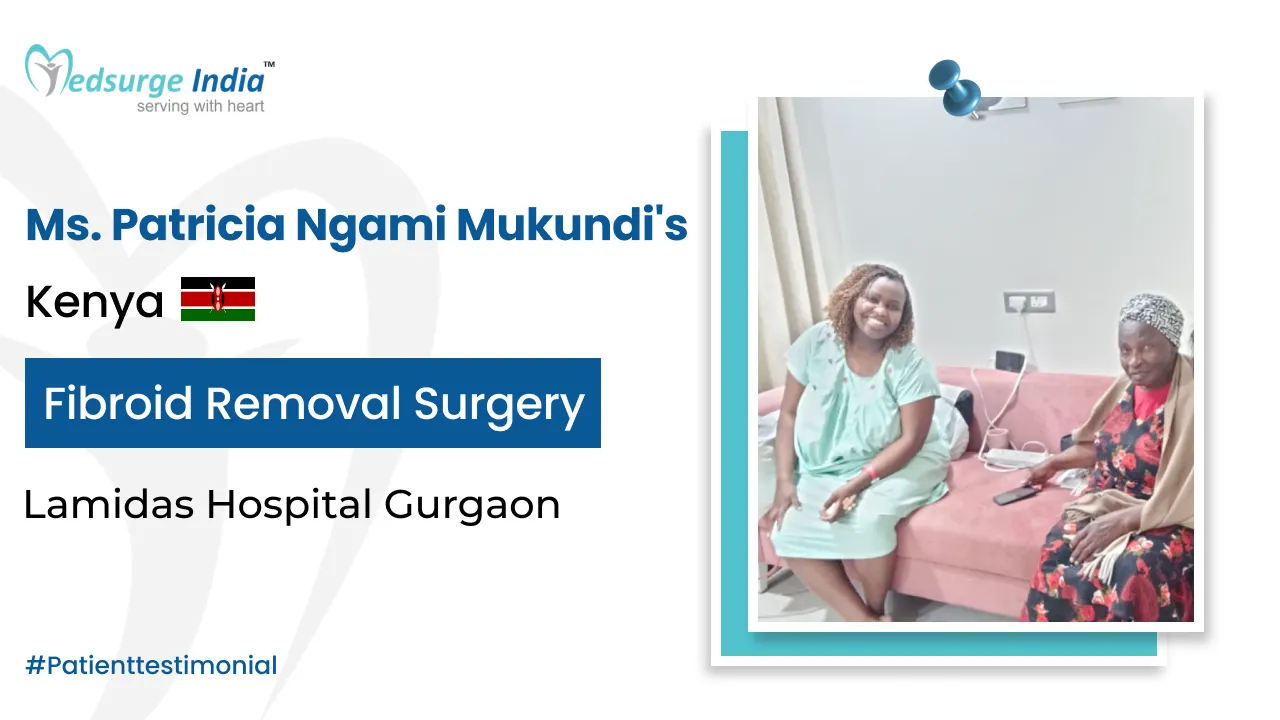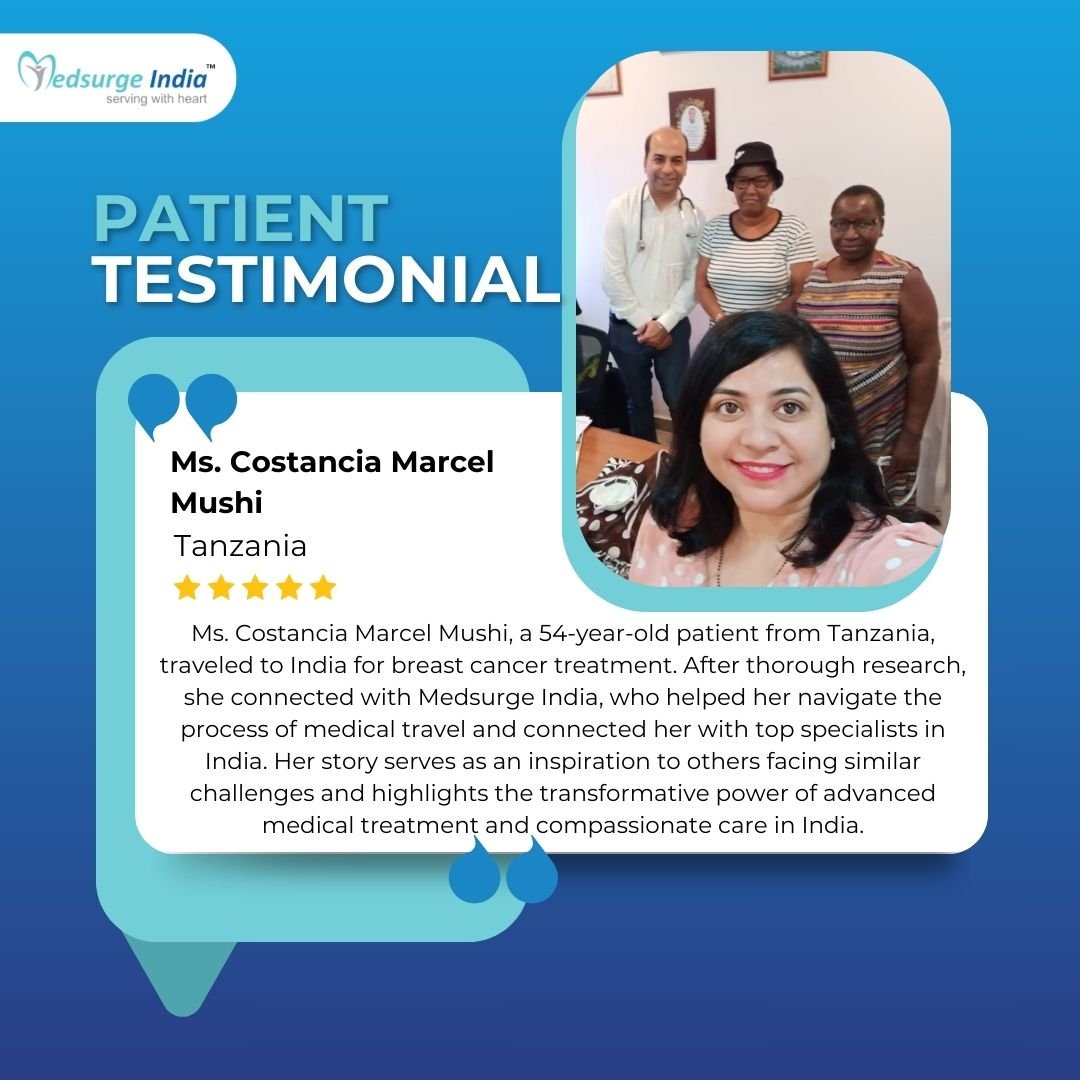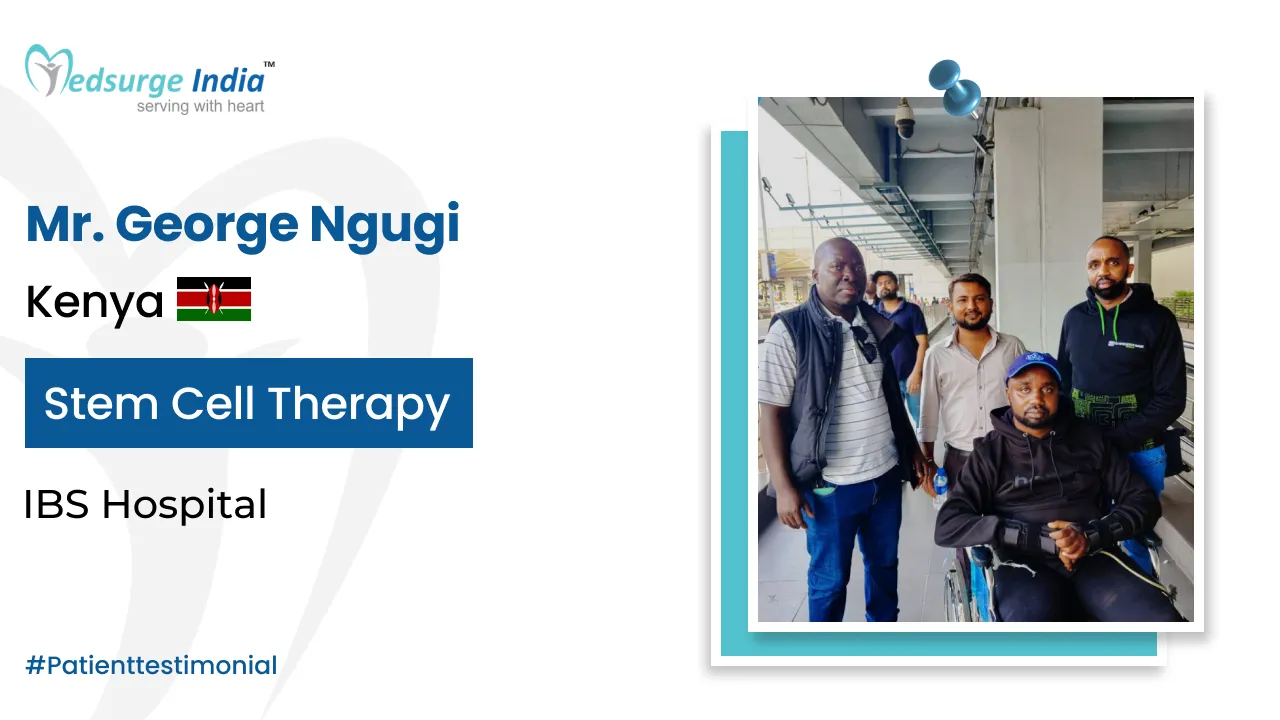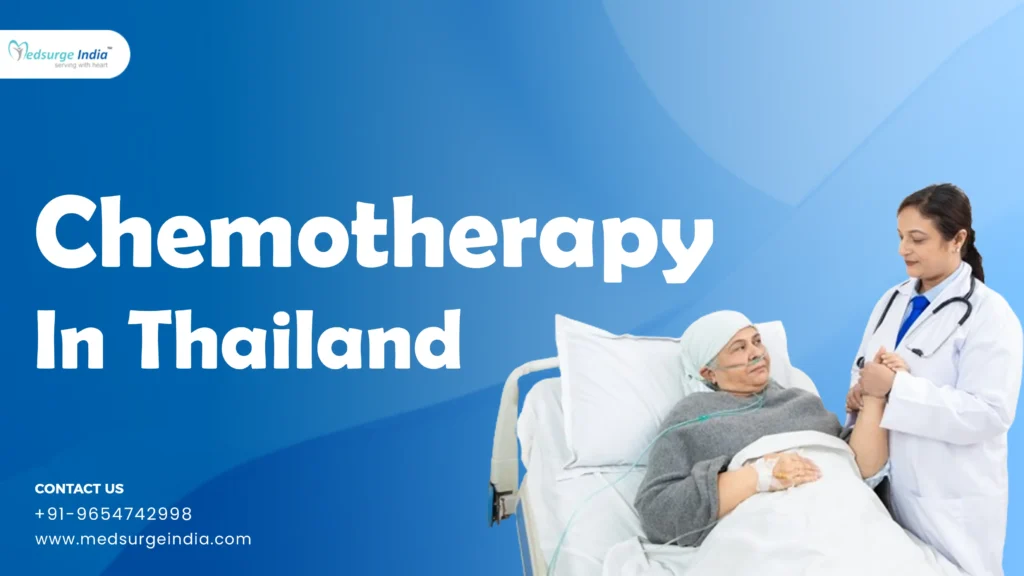
Using potent chemicals, chemotherapy is a medication used to destroy your body’s rapidly proliferating cells. Cancer cells can proliferate and expand far more swiftly than most other cells in our human body, as to why chemotherapy is used as the treatment of choice for cancer. There are numerous varieties of chemotherapy medications available. Several distinct kinds of cancer can be treated with chemotherapy medications, either alone or in combination.
Chemotherapy treatment has a risk of side effects even though it is an effective technique to treat many types of cancer. While some side effects of chemotherapy are manageable and modest, others may result in major problems.
Types of Chemotherapy
There are numerous ways to administer chemotherapy. Your doctors will recommend the optimum type for you. The most typical kinds are:
- chemotherapy taken orally (oral chemotherapy): This usually entails taking a course of medication at home with follow-up visits to the hospital
- Chemotherapy administered intravenously (IV chemotherapy): This is typically done in a hospital and involves medicine being given through a tube in a vein in your hand, arm, or chest.
Chemotherapy treatments involve a single type of medication or a mix of different kinds.
Chemotherapy Cost in Thailand
On Average Chemotherapy Cost in Thailand range between 600 USD to 7000 USD. The treatment price will vary according to the number of the dose of the chemo. Chemotherapy cost per cycle in Thailand starts from 600 USD. Chemotherapy therapy is an outpatient therapy and lasts for a half-hour to 2 hours.
Chemotherapy is usually advised in six cycles; however, the number of cycles may differ based on the stage of the disease. Sometimes a patient needs two cycles of chemotherapy, depending on the stage of their cancer.
Cost of Chemotherapy Treatment Cost in Different Cities of Thailand
| Cities | Starting Price |
| Chemotherapy Cost in Bangkok | 650 USD |
| Chemotherapy Cost in Chiang Mai | 600 USD |
| Chemotherapy Cost in Phuket | 600 USD |
Note: Please be aware that the costs listed above are only an indication of what the treatment will cost initially and may change depending on several variables.
Factors That Can Affect Chemotherapy Treatment Cost in Thailand
Following here are some variables that can affect Chemotherapy Treatment Cost in Thailand. Furthermore, the standard and excellence of medical treatment and amenities are comparable to those of the most prominent healthcare facilities in the world, even after deducting the cost of lodging, meals, and transportation.
- Medication costs.
- Duration of treatment.
- Geographical location.
- Hospitalization expenses.
- Government policies and subsidies.
- Medical tourism packages.
- Hospital reputation and infrastructure.
- The expertise and experience of medical professionals.
- The type and frequency of diagnostic procedures.
- The choice of treatment modality.
Under the direction of the most skilled physicians, Medsurge India provides the most economical Chemotherapy Treatment Cost in Thailand for patients.
Chemotherapy Treatment in India And How it Works
Chemotherapy treatment in Thailand usually starts after evaluating the patient’s condition on whether the treatment will be suitable for the patient and how many doses the patient will need. Cancer cells proliferate and divide erratically. Chemotherapy stops the cancer cells from proliferating and kills them. Different methods of chemotherapy may be used by your oncologist:
- Adjuvant therapy: Following surgery or radiation therapy, chemotherapy kills cancer cells.
- Curative therapy: Chemotherapy eradicates the cancer and prevents it from coming back. It may also involve radiation and/or surgery.
- Neoadjuvant therapy: Before radiation or surgery, chemotherapy reduces a tumor.
- Palliative treatment: Chemotherapy reduces symptoms and shrinks tumors, but it doesn’t treat the cancer.
Also Read: Chemotherapy For Acute Lymphocytic Leukemia
During The Treatment
Chemotherapy drugs typically travel throughout your entire body because it is a systemic treatment. You could get systemic chemotherapy:
- intravenously (IV), or as an “infusion” through a vein. Most patients get chemotherapy via an IV.
- as a shot or an injection.
- orally, as a liquid or pill that you ingest.
- externally, as a cream applied to the skin (especially for skin cancer).
Certain tumors do not respond adequately to systemic chemotherapy. Chemotherapy may occasionally need to be administered to a particular part of your body. For example, consider:
- Intra-arterial chemotherapy involves inserting medication into a single artery that feeds blood to a tumor.
- Intracavitary chemotherapy: administered directly into a bodily cavity, such as the bladder or stomach.
- Hyperthermic intraperitoneal chemotherapy is one type (HIPEC). Following surgery, it administers hot chemotherapy to your belly.
- Intrathecal chemotherapy: This treatment enters the space between the spinal cord and the brain.
The kind of chemotherapy you receive will determine how long the treatment takes. The length of a treatment session can range from a few minutes to many hours. A continuous infusion, lasting many days, is required for certain individuals. A continuous infusion could begin at home and continue at the infusion center or hospital.
Most patients require several rounds of treatment. In a single cycle of chemotherapy, patients may receive treatment for a few days or weeks, then there will be a break from the drug. Your body can heal from the treatment with this time off. You might then undergo another round of chemotherapy with the same on/off schedule.
Helpful: Chemotherapy Cost in India
How Medsurge India Help?
Patients seeking physicians, hospitals, and specialized therapies can use the esteemed Medsurge India support network. Concerning your medical requirements, our staff will furnish you with a roster of certified, well-known, and reliable doctors and hospitals. We also provide a treatment plan that is affordable for you. In addition, we help patients with a variety of other matters, such as acquiring medical visa assistance and travel authorization.
Get Free Cost Estimation
The Most Important Frequently Asked Questions
Q: What Adverse Effects Does Chemotherapy Have?
A: Chemotherapy’s side effects include exhaustion, nausea, vomiting, diarrhea, constipation, mouth sores, and problems with the skin, nails, and hair. It’s possible that you’ll struggle to focus or remember things. Changes in hearing and impacts on the nerves and muscles can also occur. You’ll be more vulnerable to infections.
Q: How Much Time is Allowed For Chemotherapy?
A: Adjuvant chemotherapy, which is administered after surgery to remove any visible cancer, can take four to six months. Chemotherapy used as an adjuvant is frequently used for colon and breast cancers. Chemotherapy treatments for leukemias, Hodgkin and non-Hodgkin lymphomas, and testicular malignancies can last up to a year.
Q: When is Chemotherapy Used For Cancer?
A: Chemotherapy can be applied to cancer at any stage, including IA/IB and IV. The sort of chemotherapy a patient receives depends on the type of cancer they have. Patients with breast cancer who have early-stage tumors found in their lymph nodes may be advised to undergo chemotherapy by their physicians.
Q: Which Chemotherapy Side Effect is the Most Severe?
A: Fatigue. One of the most frequent side effects of chemotherapy is tiredness or fatigue.
Q: Can Chemo Prevent Cancer at Stage 4?
A: Although there are few therapy choices for stage 4 cancer, they may help control the disease and enhance quality of life by reducing pain and other symptoms. For stage 4 malignancies, systemic medication treatments including chemotherapy or targeted therapy are typical.




